When I started running with a heart monitor, I immediately realized that there was little comfort in the chest heart rate sensor, it rubs and causes discomfort, especially on long crosses and in hot weather. At the same time, I learned that there is an alternative — Mio Alpha — a watch that takes the pulse directly from the wrist. But immediately a reasonable question arose as to how accurate they are, and a couple of weeks ago I got the cherished watch, and I was able to compare it with my Garmin breast HRM.
Mio Alpha can act as an independent device if you do not need to write a track, and during training, a regular stopwatch and pulse are enough, and after that, average values and activity time. In addition, you can set the heart rate zone in which you want to be, and the clock will signal when you leave it. In order to record data, you will need to connect the heart rate monitor to a smartphone with Bluetooth 4.0 LE support (these are all iPhones after 4S and some of the Androids, the list can be viewed here). And Mio is also able to measure the pulse in the water, which no watch paired with a chest sensor can do except for a few Polar’s, and then with nuances. Unfortunately, the version of Mio Alpha with ANT+ has not been released, so it will not work to use them with most GPS watches, and this, it seems to me, is their biggest disadvantage.
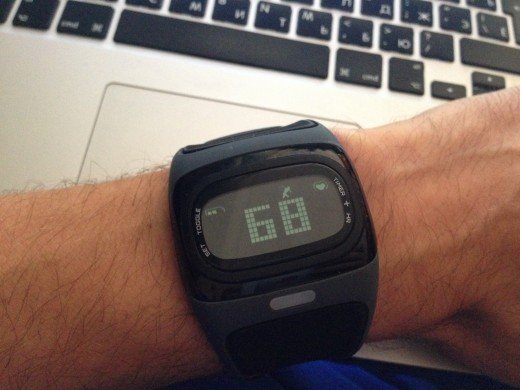
As for the chest heart rate monitor, the most important plus here is just the opportunity to choose the one you need: ANT+ or Bluetooth. In principle, it has no other functionality besides measuring and transmitting the pulse, so to use it, you need a receiver, for example, a GPS watch, which will receive, display and record data.
There is also one important aspect — this is the battery life. For the chest sensor, it tends to infinity (in fact, months and sometimes even years), but in Mio Alpha — 8-10 hours. On the one hand, this is enough for almost any workout or race, if you do not take into account the ultramarathon distances, but on the other hand, there is another charge that you need to remember and carry with you.
UPD: After a comment in the comments about the opening hours, Mio Alpha decided to check, rather than believe the official website. It turned out to be true that it was much longer than the claimed 8-10 hours, in my test, the clock in the pulse measurement mode (but without synchronization with a smartphone) lasted more than 28 hours.
Mio Alpha works on the principle of numerous smartphone applications that measure the pulse using a flash and a camera, only on the watch the "flash and camera" are located on the back side. In this regard, for correct operation, especially during active running, it is necessary to tighten the strap tighter so that the watch does not lose its pulse, so that traces may remain on the hand.
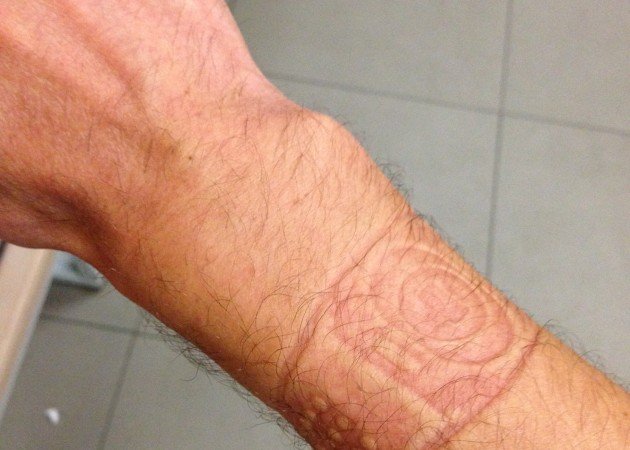
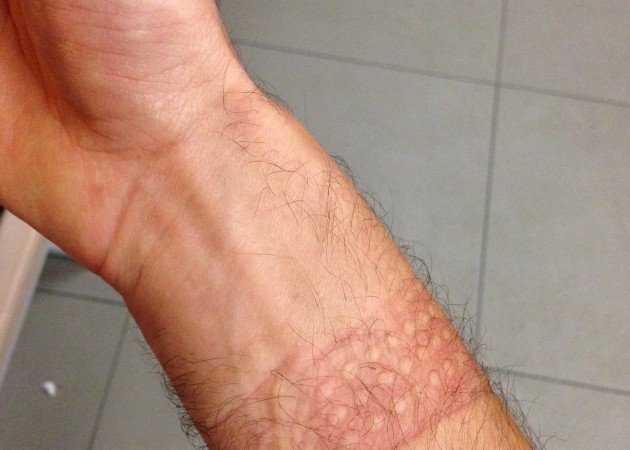
But in any case, the convenience of wearing is of course on the Mio side, the chest cardio sensor, which constantly rubs and falls off while running, loses here.
For many, this is the most important aspect, and I was most worried about the accuracy of Mio Alpha, so I immediately started comparative tests.
I started with a simple one, trotted for 45 minutes at an even slow pace, accelerated a couple of times a little to get "peaks".
A dimmer line shows the chest sensor, and a brighter one shows Mio Alpha.
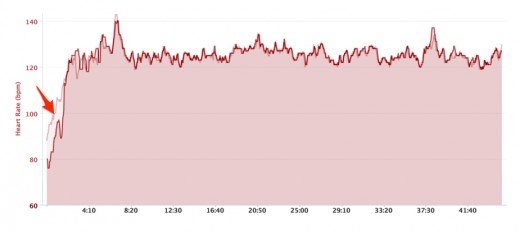
| Pulse | Mio Alpha | Chest sensor |
| Medium | 124 | 124 |
| Maximum | 140 | 143 |
»
In the first test, Mio Alpha performed perfectly, only at the beginning they lagged behind Garmin for a couple of minutes, but then they caught up and even worked out bursts without any problems. The average pulse coincided with both sensors, and the maximum in the chest was slightly higher.
I complicated the task by running intervals of 2 minutes through one 10 times, and then the Mio problems surfaced.
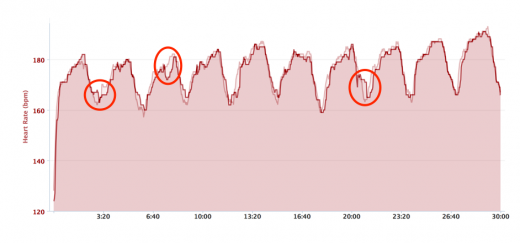
| Pulse | Mio Alpha | Chest sensor |
| Medium | 175 | 176 |
| Maximum | 191 | 193 |
»
Although the average and maximum heart rate almost coincided, it is noticeable on the graph that there were three moments when Alpha noticeably lagged behind the chest sensor. And in general, it is clear that Garmin reacted more smartly to a sharp change of pace, but Mio — with a slight delay, but the errors are minimal and certainly not critical.
As a result, the Mio Alpha turned out to be more accurate than I expected, although sometimes they lagged behind the usual chest sensor. But here you should carefully choose the application with which you use Mio, if you are creating a pair with a smartphone. I first checked it with RunKeeper, in the end it turned out that the pulse was recorded terribly and not accurately, but then I started it with Wahoo Fitness, and everything went fine.
Mio Alpha costs $199 + shipping. A chest sensor with ANT+ will cost you $50-60 + shipping.
Mio Alpha can be taken if there is no task to record training tracks and the average pulse value after them is enough. You can use it in conjunction with a smartphone, but for this you will need to carry this same smartphone with you, which eventually gets very annoying and begins to interfere during jogging. Of course, I was waiting for the fact that, for example, an optical heart rate monitor would be built into the Garmin FR 920, but now I understand that this is unlikely to happen, and the reason for this is one — the battery, which should hold not 4-5 hours, but at least 3 times more.
I would be happy to replace the chest heart rate monitor with a wrist one, but it should cost at least half as much and support ANT+, while having a watch and a stopwatch is optional. And it looks like I wasn't the only one who wanted this, because Mio announced the Mio Link, which will cost $99 and support Bluetooth and ANT+.
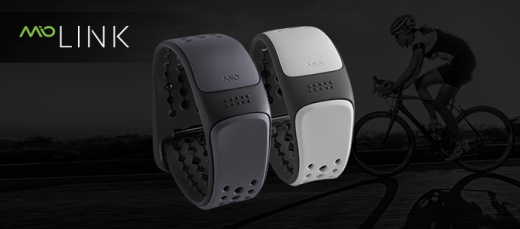
I really hope to get it for review, to check it in the case and, if its accuracy is the same, to say goodbye to the chest sensor.